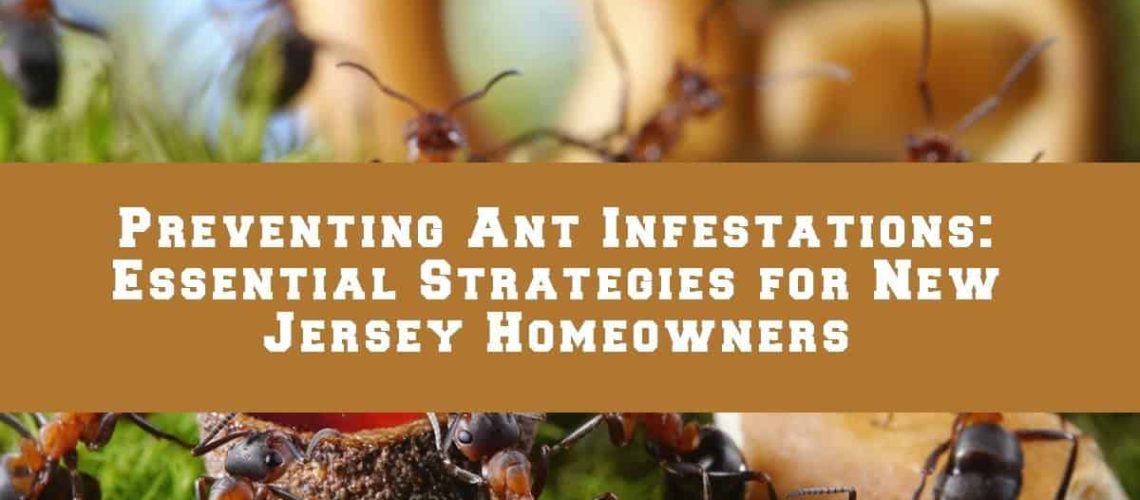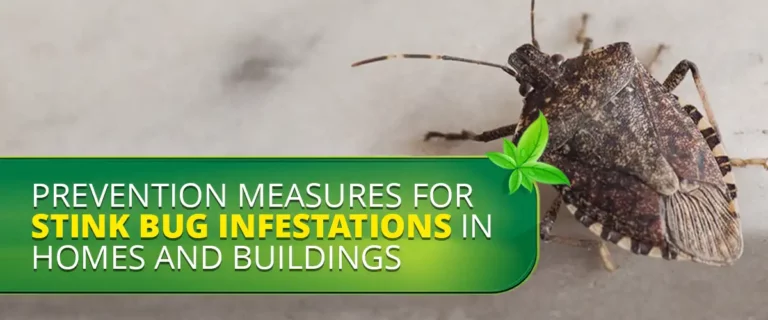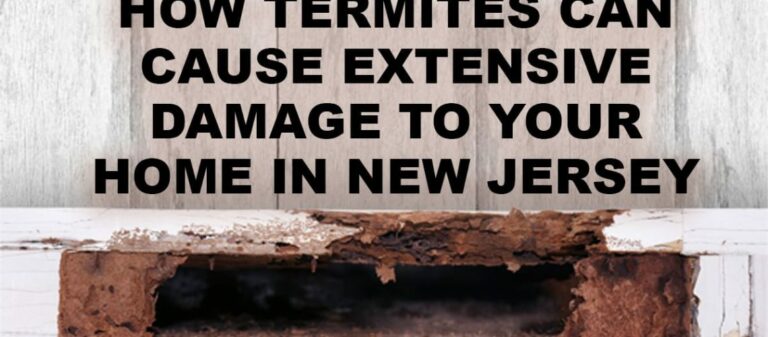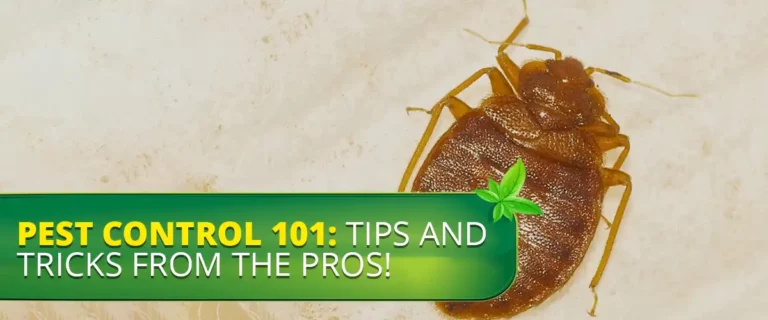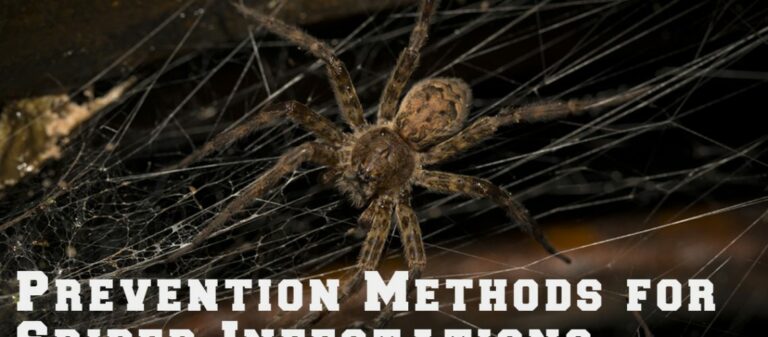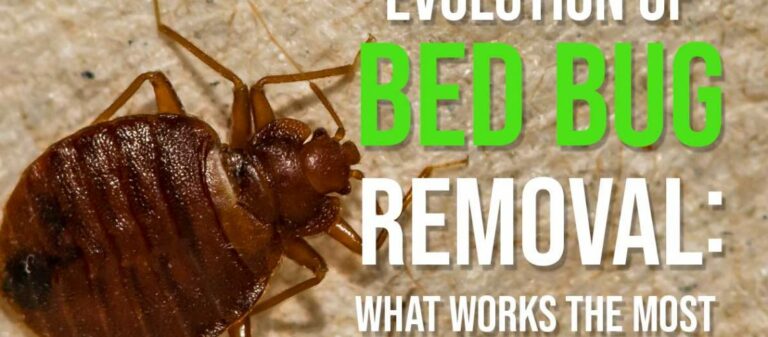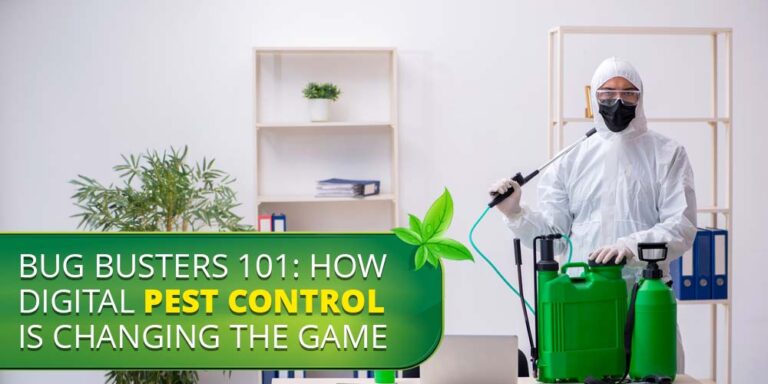Ant infestations are a common problem faced by homeowners across America. These tiny pests are known for their formidable nests, aggressive foraging behavior, and ability to infest homes and gardens in large numbers. Ants can cause everything from minor annoyances to significant structural damage, and New Jersey homeowners need to take active steps to prevent and control ant infestations in their homes.
In this blog post, we’ll explore some essential strategies that can help you prevent ant infestations in your New Jersey home. From keeping your home clean and tidy to sealing up potential entry points, we’ll cover a variety of tactics that can help you keep these pesky pests at bay.

Keep your home clean and tidy.
One of the most effective ways to prevent ant infestations is to clean and tidy your home. Ants are attracted to food and water sources, so keep your kitchen counters and floors clean, store your food securely, and fix any leaky pipes or fixtures that could provide moisture. Regularly sweep and vacuum floors, wipe down counters and cabinets daily, and clean up any spills or crumbs as soon as they occur.
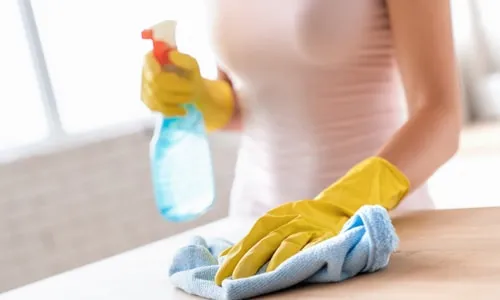
Clean up spills and crumbs immediately.
Ants are drawn to sources of food and water, which means any spills or crumbs left out on countertops or floors can quickly become an invitation for an ant party. To prevent ants from finding their way into your home, clean up spills and crumbs as soon as they happen. This is especially important in the kitchen, where food is often prepared and eaten. Wipe down countertops and sweep the floor regularly to eliminate temptations for ants.

Store food properly
In addition to cleaning up spills and crumbs, storing food properly is essential to prevent ants from getting into it. Keep food containers tightly sealed, and store them in cabinets or refrigerators when possible. This includes food you’re currently using and those waiting to be consumed. For example, don’t leave fruit out on the counter for too long – instead, store it in the refrigerator until you’re ready to eat it.
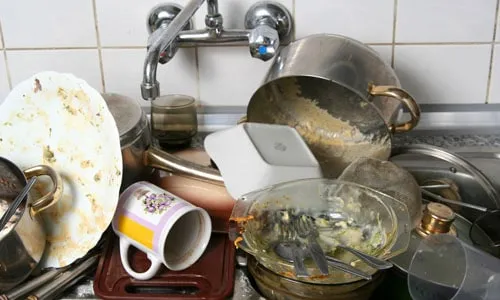
Don’t leave dirty dishes in the sink.
Dirty dishes in the sink can be a breeding ground for ants, as the leftover food particles can attract them. To prevent ants from crawling all over your dishes, wash them as soon as possible after they’re used. If you can’t wash them immediately, scrape off any leftover food and rinse them with water to remove any remaining residue.
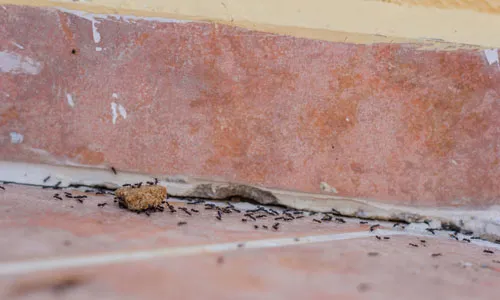
Seal up potential entry points.
Ants are tiny and can easily squeeze through even the smallest of cracks and gaps in your home’s walls, windows, and doors. Sealing up these potential entry points is essential in preventing ant infestations. Check for cracks and gaps in your home’s foundation, walls, and trim, and patch any holes or openings with caulk, foam sealer, or weather stripping.
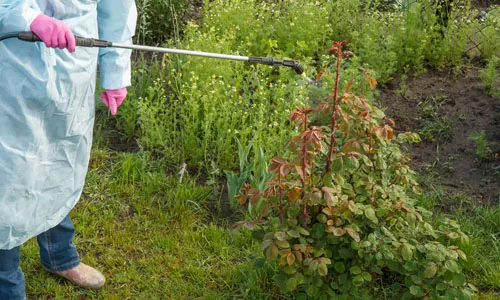
Eliminate attractants in your yard.
Your yard can be a significant attractant for ants, as it can provide them with shelter and food sources. To prevent ant infestations in your yard, trim your grass, clean up any fallen leaves, branches, or debris, and use landscaping mulch sparingly. Store firewood, compost, and other organic materials as far away from your home as possible, as these materials can attract ants and other pests.
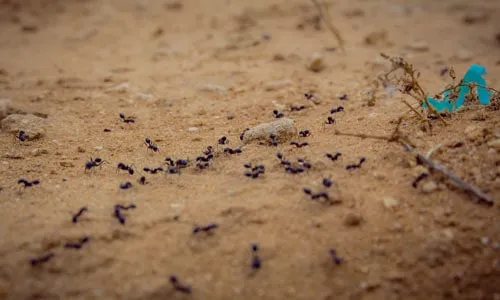
Use ant baits and repellents.
If you’re already dealing with an ant infestation, using ant baits and repellents can effectively control their populations in your home. Baits and repellents work by targeting the specific ant species infesting your home, and they can provide effective, long-lasting control. Be sure to carefully follow the instructions on the product label and consult with a pest control professional if you have any questions or concerns.
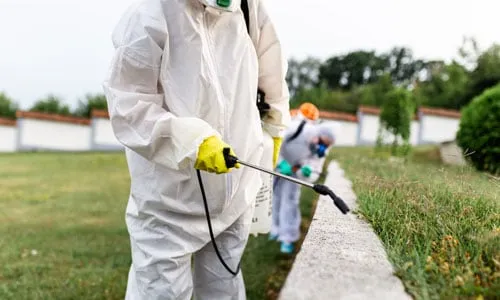
Consult with a pest control professional.
If you’re struggling to prevent or control ant infestations in your home, it may be time to consult a pest control professional. Expert ant control can help you identify the species infesting your house, develop a customized treatment plan, and provide ongoing pest control services to keep your home free from ants and other pests.
Ant infestations can be a significant problem for New Jersey homeowners, but there are many strategies you can use to prevent and control these pests in your home. From keeping your home clean and tidy to sealing up potential entry points, using ant baits and repellents, and consulting with a pest control professional, there are many steps you can take to ensure that these pesky pests stay out of your home. By implementing these essential strategies, you can help protect your home, family, and property from the damage and annoyance caused by ant infestations.

